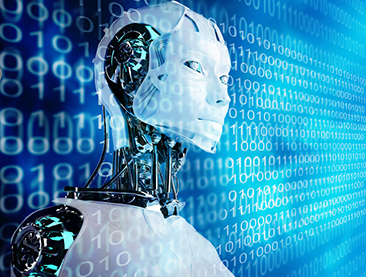
The legal profession is becoming extremely competitive and one of the main reasons for this is that both individual and corporate clients are becoming more discerning about the value of the legal services they receive. Advanced metrics are allowing clients to compare legal services and choose the best. And in this scenario, it is obvious that only the fittest will survive.
According to the article by Iberian Lawyer, “superstar lawyers” can boost revenues if they utilize machine intelligence or robots to their best advantage. For example, lawyers can use robots to:
- Help in legal research, enabling delivery of innovative solutions faster and to a wider range of clients
- Enhance traditional services by developing new forms of common transactions and build novel arguments
- Substitute machines for human associates to gain greater leverage at lower cost
- Increase delivery of low-priced services
The use of artificial intelligence by lawyers will greatly benefit low and middle-income people who have unmet legal needs as they cannot afford the cost of legal services. Examples of such needs include counseling on small-business matters and drafting prenuptial agreements. Machines can be used to produce relevant forms, which will prove more cost-effective than using human labor for the task, thereby making the services more affordable.
IBM’s ROSS is touted to be world’s first artificially intelligent attorney. This advanced platform can read and draws inferences from existing laws to answer questions about specific cases. It also helps keep lawyers up-to-date about new rulings. By providing information quickly, ROSS helps lawyers save time and allows them to focus on examining complex details of the most relevant cases and laws.
However, there is a limit to the services that robots can provide. For instance, machine intelligence cannot replace a skilled lawyer in the courtroom. Moreover, though robots provide excellent services, the best results can be ensured only by mixing in human intelligence. For instance, take legal transcription services. While software is available that automatically reads audio and transcribes text with good accuracy, it fails when it comes to handling multiple voices and background noises. Only trained and experienced legal transcriptionists can deliver verbatim deposition transcription for use in the courtroom.
Moreover, interpreting speech correctly is impossible without a good understanding of the overall context. Transcriptionists in companies that provide professional transcription services have the ability to interpret even audio recordings that lack clarity. Knowledgeable about legal terms and jargon, they can automatically deduce the missing parts based on the context – which no machine can do. The bottom line is that lawyers should use robots intelligently to enhance their revenue and leave documentation tasks that require judgment and critical thinking to human expertise.



